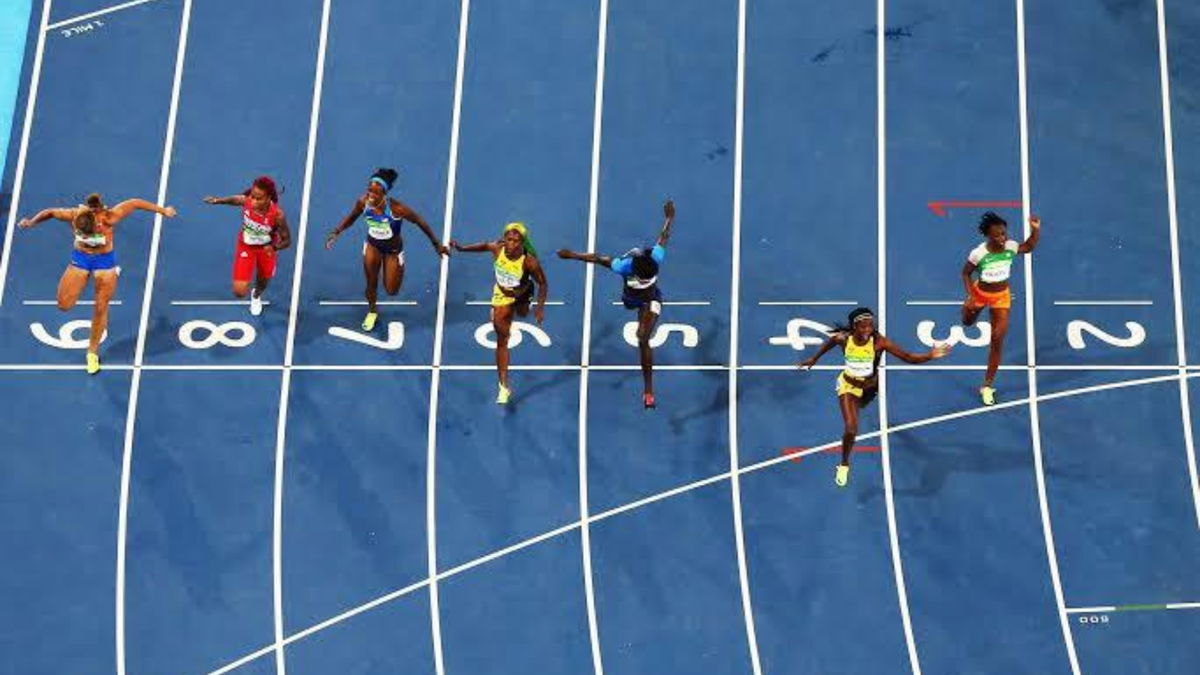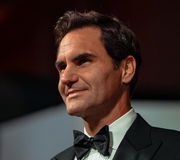

For track and field athletes, reaching the Olympics is a tremendous achievement after years of hard work. Their goals include winning titles, being celebrated as champions, and etching their names in history. Unlike athletes in many other sports who win money, Olympic track and field athletes usually only get gold medals. However, there is a shift taking place. For the time in the sports history, participants at the upcoming Paris Olympics will have the chance to compete for a $50,000 cash prize in addition to the esteemed gold medal.
Watch What’s Trending Now!
But is it enough for them? It might be for some; however, this groundbreaking move, spearheaded by World Athletics, marks a paradigm shift in the track and field landscape, as athletes prepare to step onto the Stade de France track with their eyes set on both glory and financial reward. Yet, lingering behind this milestone is an unspoken question: Are they indeed receiving the promised compensation?
ADVERTISEMENT
The appalling plight of monetary benefits in track and field divulged
Recently, Track Spice shared a concerning post on X, shedding light on the struggles faced by Kyree King, a 29-year-old American sprinter and silver medalist in the 100m at the 2022 NACAC Championships. The post brought attention to a bill issued on 9/3/2023, stemming from King’s victory in the Men’s 100m event, where he secured the gold with a time of 10.27 seconds. Despite his remarkable achievement on the track, King reportedly hasn’t received the payment after the victory. As of April 13, 2024, the outstanding amount stands at $1489.
Kyree King 🗣️ pic.twitter.com/ZqUiQvmkQd
— Track Spice 🌶️ (@trackspice) April 16, 2024
Track Spice expressed his frustration, stating, “It’s gotta stop.” He emphasized the lengthy delay in payment, remarking, “Eight months for 2 bands… not weeks but 8 f*****g months…” Moreover, Owen M joined the conversation, expressing his sadness, and highlighting the significant wait time for athletes to receive payment, even for minimal amounts.
ADVERTISEMENT
This is so sad.
Not only are athletes having to wait MONTHS to get paid, but they’re waiting months to be paid peanuts.
Prize money on the circuit is bad enough, but even that’s being cut when it gets to the athletes because of tax, etc.
As a sport, we’ve got a LONG way to go. https://t.co/DvZO18aS43
— Owen M (@_OwenM_) April 16, 2024
He lamented the challenges athletes face with prize money being reduced because of taxes and other deductions, emphasizing the long road ahead for the sport to address these issues. However, the recent decision by athletics authorities to award prize money to Paris Olympics gold medallists has stirred controversy and raised concerns within the sporting community.
ADVERTISEMENT
Paris Olympics’ monetary milestone raises controversy
Lord Sebastian Coe’s unexpected declaration at World Athletics brought about a change breaking ground, as the Olympics had never included cash incentives in its enduring existence. The decision taken solely by World Athletics has stirred concerns within the British Olympic Association (BOA) especially since it was made without seeking input from parties, like the International Olympic Committee (IOC) and National Olympic Committees (NOCs) as stated by BOA chief executive Andy Anson.
Top Stories
Sean Payton Announces Retirement Plans as Broncos HC Demands Improvement From Bo Nix & Co. Before Playoffs

Greg Biffle’s $4M Worth Prized Possession Still Without a Buyer Leaves NASCAR Fans Heartbroken

LIV Golf Braces for Another Possible Exit in Wake of Brooks Koepka Departure

Biff Poggi All But Confirms Bryce Underwood’s Michigan Future After Announcing His Own Departure

Roger Federer Draws Criticism from Swiss Government Chief for Tourism Boom in Country

NASCAR World Mourns as Former Watkins Glen President Michael Printup Passes Away at 60

Anson raised some worries about the decision-making process not being inclusive enough pointing out the consequences of one sport making decisions without thinking about the bigger picture. He advised against causing rifts within the sports community stressing the need for an approach to promote fairness and prevent the formation of a two-tier system leading up, to the Paris Olympics.
ADVERTISEMENT
ADVERTISEMENT
ADVERTISEMENT
ADVERTISEMENT

